“When we say that women are agents of change, it is not just a catchphrase in the Sahel”
During the 10th Sahel Alliance Steering Committee, Ms Diyé Ba, Coordinator of the G5 Sahel Women’s Platform, spoke on the panel discussion “Women and resilience in the Sahel”. A former minister and parliamentarian in Mauritania, and a member of several networks that campaign for democracy, the rule of law and women’s empowerment, we met with her on the sidelines of the meeting in Brussels to hear her testimony on the evolution of the status and rights of women in the Sahel.
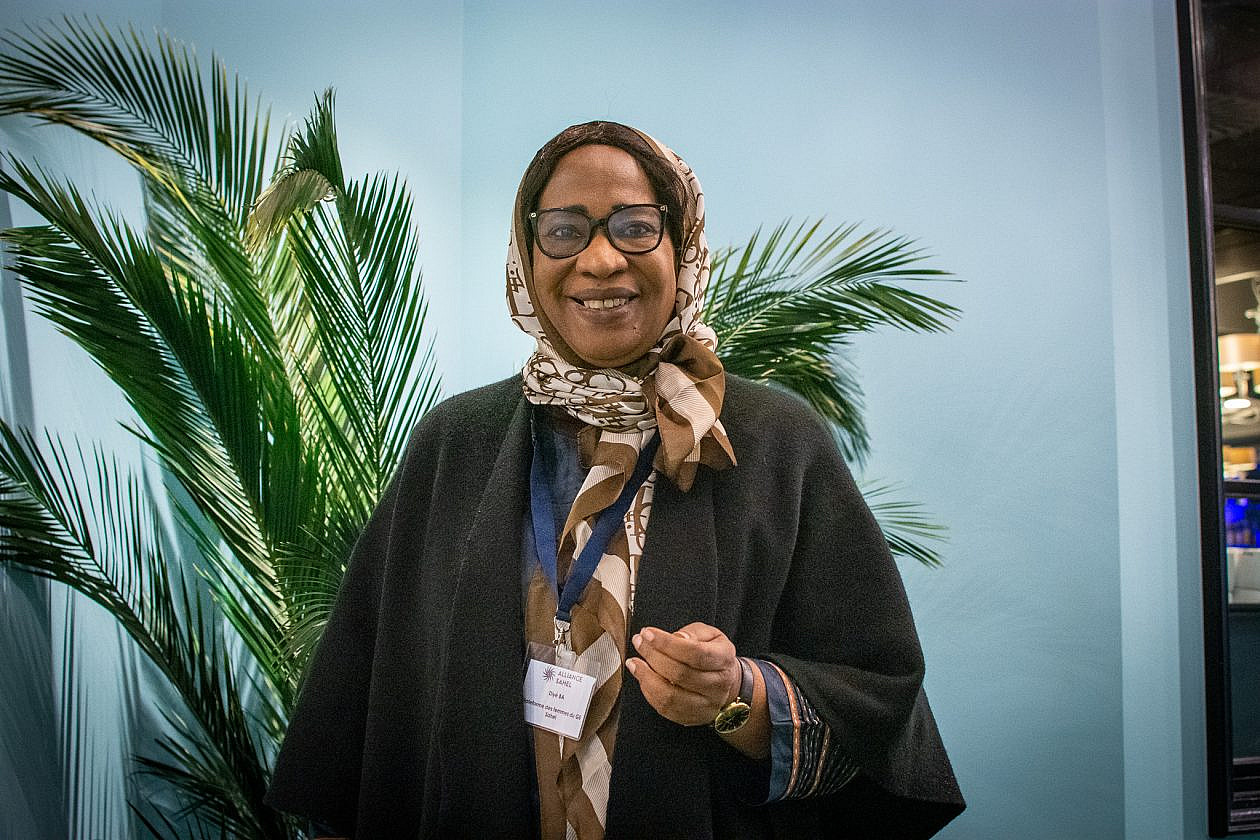
For Ms. Diyé Ba, the challenges faced by women in the Sahel are numerous and exacerbated by the crisis afflicting the region. The main challenge is access to education. Today, many schools are closed and girls are the first to be affected, yet it is “through education that we can evolve and it is the most reliable way to allow children to develop their potential, to rise out of poverty, to create better opportunities for the future“.
The crisis has increased violence against women, both in the domestic and public spheres. Despite existing legislation, customs often restrict the application of the law. According to Ms. Diyé Ba, the concepts of he for she and positive masculinity could help. Women are also affected by difficulties in accessing basic social services, resulting in low school enrolment rates for girls and high maternal and infant mortality rates, as well as economic inequalities. Women’s poor access to resources, such as land and capital, leads to a high dependency of women, especially those who are heads of households.
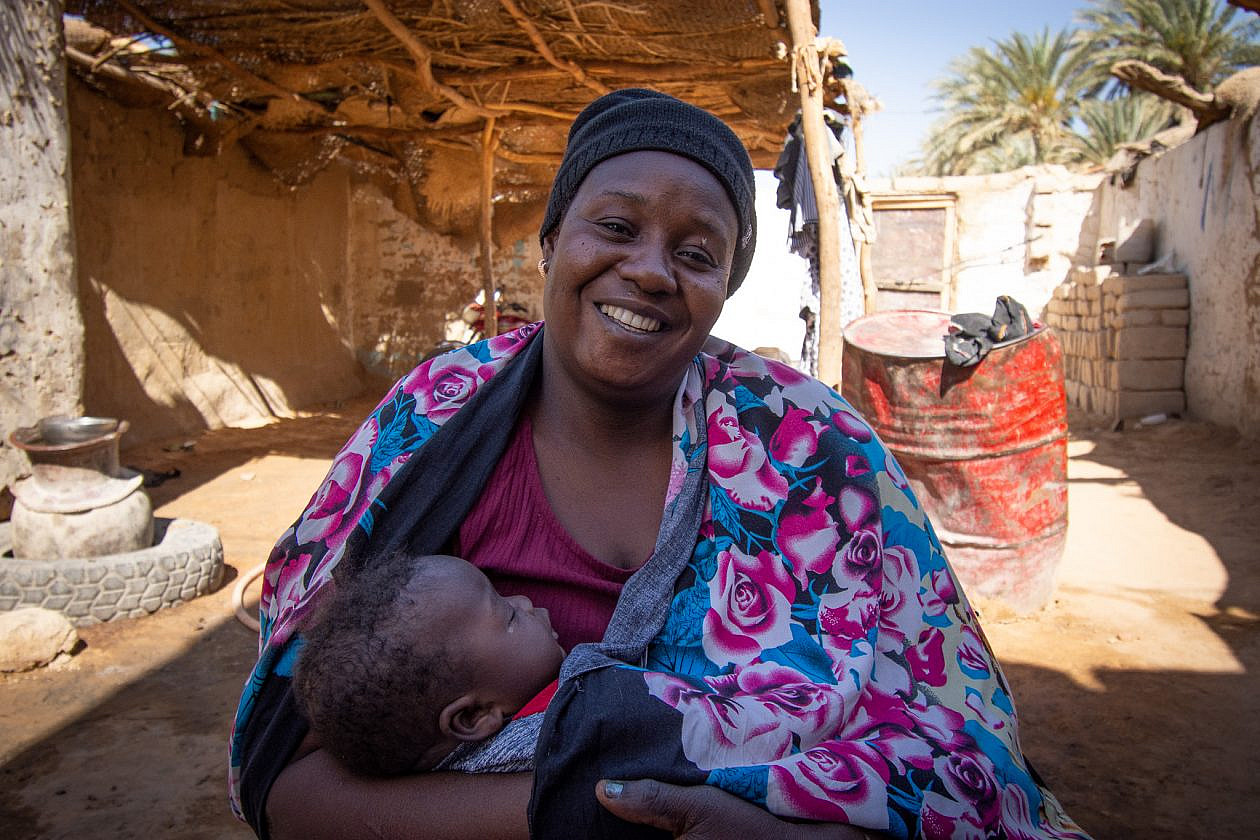
Ms. Diyé Ba acknowledged that women’s participation in politics has increased in some countries, especially in parliaments, but it is still very low and does not allow them to have a real impact on decision-making:
As long as we remain amongst ourselves, raising issues as women, the solution will not be easy to achieve because we do not represent, for example in parliaments, a critical mass that can effect change. We need our men to accompany us. »
At the level of the G5 Sahel Women’s Platform, activities are carried out to strengthen the role of women, for example, through the training of women leaders in their communities who help, particularly in conflict areas, to identify the real needs of women.
The international community also has a role to play in ensuring that every mediation mission includes at least one woman, because “this gives hope to women in conflict areas, hope as in: we have a say, we can speak out!“
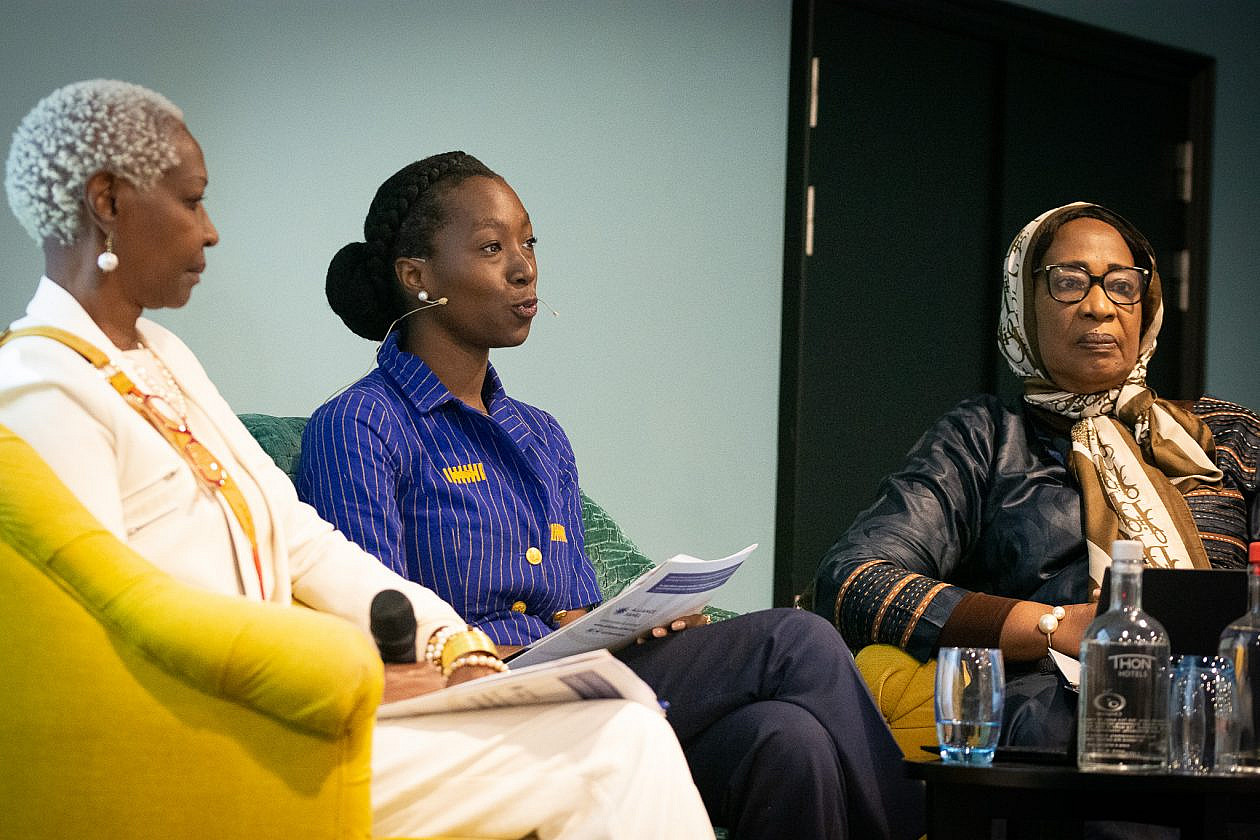
On the subject of women’s involvement in entrepreneurship, Ms Diyé Ba points out two main obstacles: access to finance and lack of training. It is true that financing and funds exist (particularly via banks) but they are not adapted to the real situation of women, which limits their access. Microfinance, which is increasingly developed in Sahelian countries, is not sufficient in her opinion because the funds allocated are derisory and do not take into account women’s experiences.
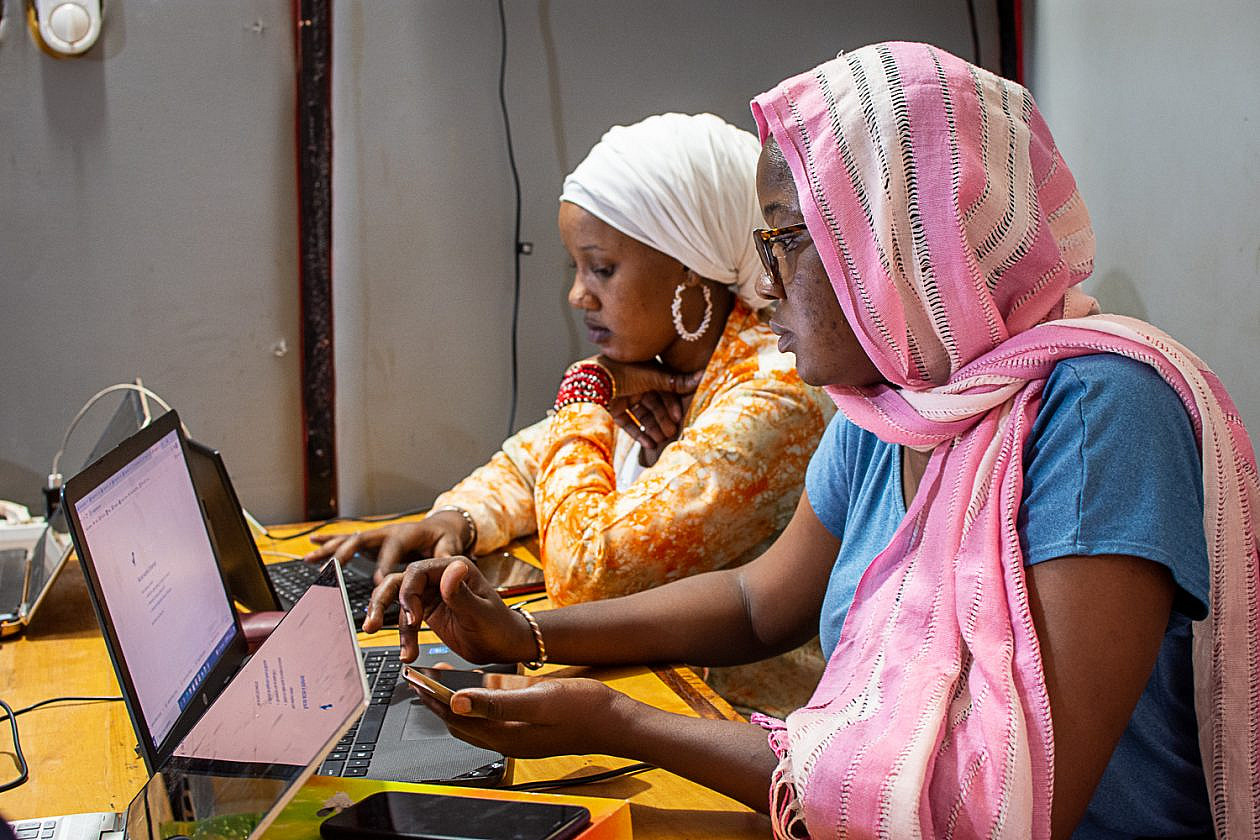
To increase the impact of the aid provided by Sahel Alliance members, Ms. Diyé Ba believes that women should be provided greater support through well-targeted projects adapted to their needs, “an investment that will be strategic because support for women benefits children and all members of the household“. To increase the impact of aid, priority should also be given to action at the normative level, by supporting States in the implementation of legal instruments relating to women’s rights. She believes that social infrastructure programmes should continue to be supported, since women are the primary users. Conflict cannot be a hindrance.
We cannot wait for peace to return to educate children. We must find alternative forms of education, otherwise generations will be lost, our countries will be lost because the children are the future generation. »
Ms. Diyé Ba also calls for the financing of a permanent secretariat of the G5 Sahel women’s platform to ensure the continuity and sustainability of actions.
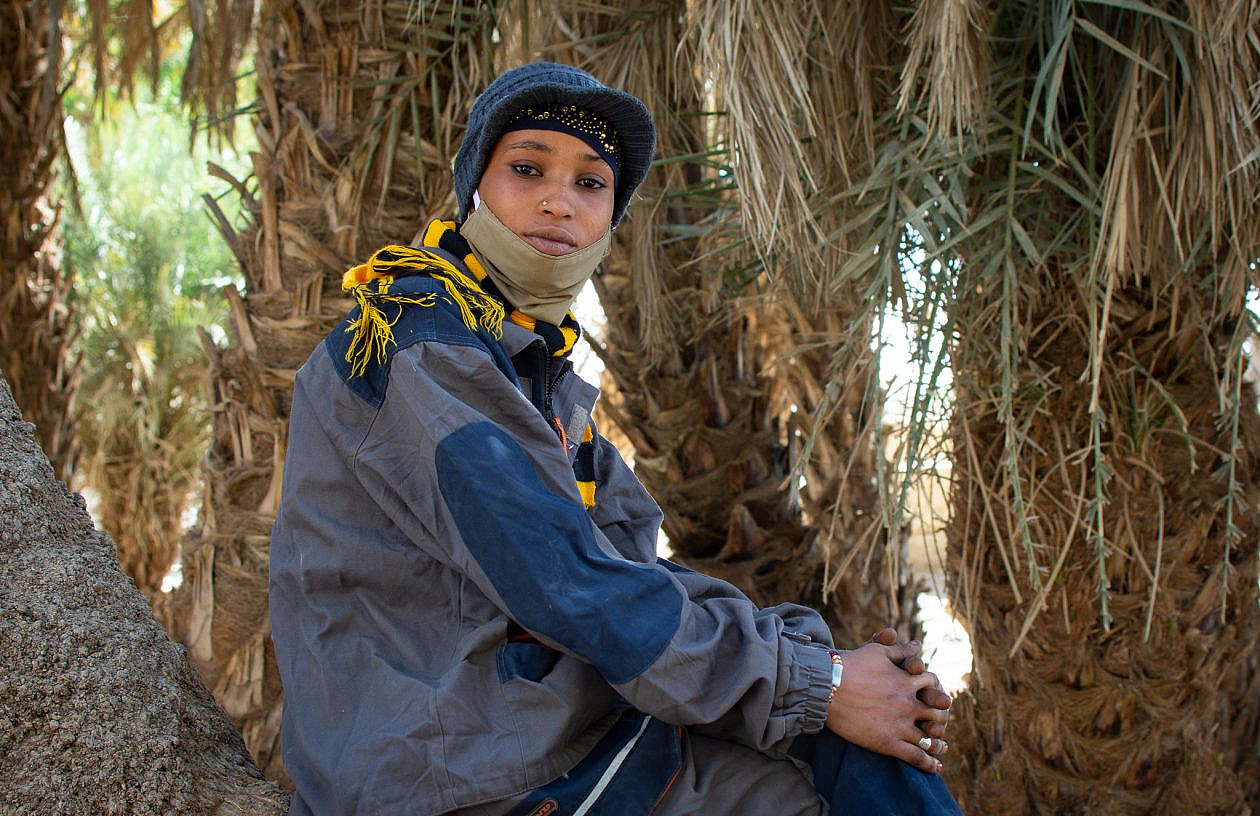
In conclusion, Ms. Diyé Ba praises the resilience of women in the region and the role they play in shaping social, political and economic spaces to bring about positive change:
Women in the Sahel have long contributed to peacebuilding, conflict resolution and the development of their societies. When we say that women are agents of change, it is not just a catchphrase in the Sahel! »
The growing number of initiatives related to gender, women and girls fosters the dynamics in which women were already involved and could eventually have a positive impact on society. Despite the crises, women are mobilised and the population has become aware that this situation must change.
Biosketch
Ms. Diyé Ba is one of the first Mauritanian women to have graduated from universities (Jussieu and Paris Sorbonne in France). She has held the highest executive, ministerial and parliamentary positions in her country, acquiring extensive national and international experience. A founding member of the Pan-African Parliament, where she was vice-chair of the Committee on International Relations and Dispute Settlement, she also chaired the women’s network of the Francophone Parliamentary Assembly. Drawing on this wealth of varied and valuable experience, she is now developing a career as an international consultant in the fields of political governance and women’s rights. She is a member of several networks that advocate for democracy, the rule of law and women’s empowerment.
Interview by Noëlle Rodembourg
Photo credit: Aude Rossignol/Alliance Sahel
Go further

